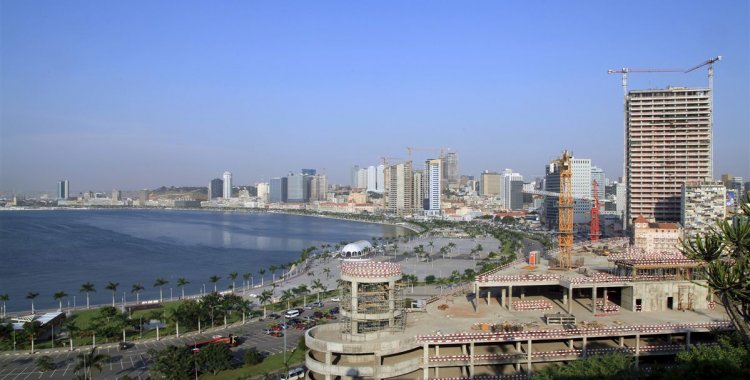"The Fund considered the position on public debt to be sustainable and foresees the debt ratio falling from 135 percent of GDP last year to 62 percent in 2027, but this depends on continued austerity, which, politically, may be difficult to sustain," the analysts write in a note on the IMF's fifth positive assessment of the financial aid program.
In the note, sent to clients and to which Lusa had access, Capital Economics says that "the Fund has also adopted a rosy view on Angola's growth prospects, and revenue projections may prove optimistic, especially if our forecast on the fall in oil prices in the coming years comes true."
The Fund's forecasts, considered "quite optimistic" by Capital Economics, were presented in June, when the IMF approved the fifth review of the financial assistance program, which allowed for the immediate disbursement of US$772 million, and were detailed in the document that presents all the program's targets and comments last week.
In that document, the IMF considers that the Extended Fund Program for Angola is "on track" and announces that it has approved the adjustments requested by the Angolan authorities, but warns of "high risks" to its implementation.
"Although the risks remain high, the authorities' commitment to the program remains strong," assesses the IMF team, which values the commitment to the "stability" of the program's macroeconomic policies and goals.
The financial adjustment program was agreed with the IMF in December 2018, in an amount of 3.7 billion dollars, which was increased in September to about 4.5 billion dollars, of which about 3 billion dollars have already been delivered, to which is added the amount announced in June, totaling 3.9 billion dollars and lasts until the end of this year.
The approval of the fifth revision of the financial adjustment program, which increases the total disbursed so far, comes at the same time that Angola announced it had requested the extension of the moratorium on bilateral debt service until the end of the year.
In its general assessment of the progress of the program, the IMF team says that Angola "is beginning a gradual recovery from the multifaceted shock" of the pandemic, benefiting from higher oil prices and a more stable kwanza, which have improved the fiscal situation and reduced pressure on debt dynamics.
However, he says, risks to the projections "remain significant," including "a reversal in oil prices or global economic recovery and, domestically, a resurgence of the pandemic or weaker than expected production (for the oil or non-oil sector)."
"The program remains on track with continued strong fiscal performance that preserves debt sustainability. The authorities' fiscal stance has tightened in 2020, despite the continuing recession. The 2021 budget provides for additional adjustments, and the decision to save most of the extraordinary oil revenue this year is a welcome example of fiscal discipline, which should continue in the future," the IMF team adds.
Monetary policy, it says, needs to maintain a "restrictive posture, given high inflation, whose reduction is now the "focus of the National Bank of Angola.
The IMF adds that the authorities must complete missing reforms to protect the stability of the financial sector, and that it is "critical to finalize the pending restructuring plan of one of the two large state-owned banks in difficulties, addressing the existing shortage of capital.







